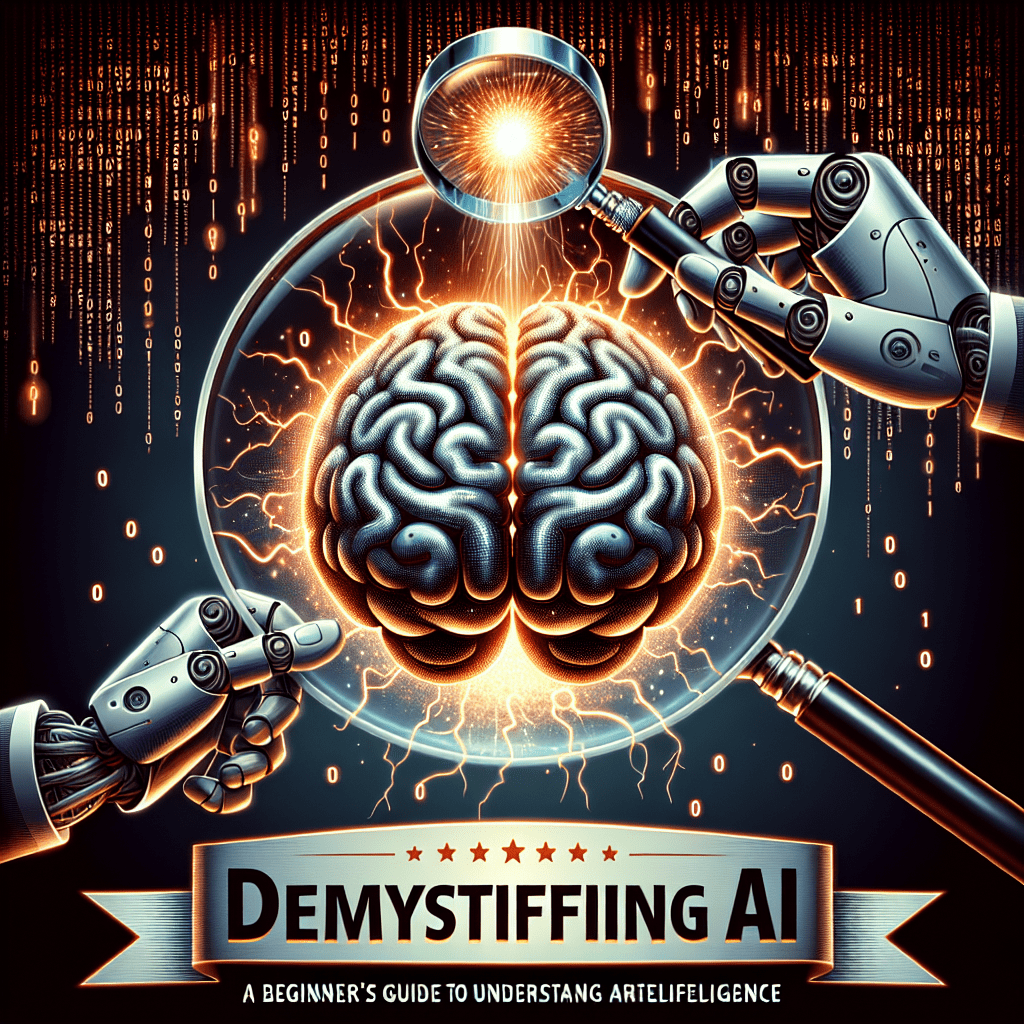Artificial Intelligence (AI) is a term that has been increasingly thrown around in recent years, but what exactly is AI? How does it work? And why is it so important? In this beginner’s guide, we will demystify AI and help you understand the basics of this groundbreaking technology.
What is Artificial Intelligence?
Artificial Intelligence is the simulation of human intelligence processes by machines, especially computer systems. These processes include learning (the acquisition of information and rules for using the information), reasoning (using rules to reach approximate or definite conclusions) and self-correction.
How Does AI Work?
AI works by analyzing and processing vast amounts of data to identify patterns, trends, and insights that would be impossible for humans to uncover on their own. This is done through machine learning algorithms that can recognize patterns in data and make predictions based on those patterns.
Types of AI
There are two main types of AI: Narrow AI and General AI. Narrow AI, also known as Weak AI, is designed to perform a specific task, such as facial recognition or language translation. General AI, on the other hand, is a more advanced form of AI that can perform any intellectual task that a human can.
Why is AI Important?
AI has the potential to revolutionize industries and improve our daily lives in numerous ways. From autonomous vehicles to personalized recommendations, AI is reshaping the world around us and creating new possibilities for innovation and progress.
Challenges and Concerns
While AI holds great promise, there are also challenges and concerns associated with its development and deployment. These include ethical considerations, biases in AI algorithms, and the potential for job displacement due to automation. It is important for policymakers, researchers, and developers to address these issues to ensure that AI is developed and used responsibly.
Conclusion
Artificial Intelligence is a powerful and transformative technology that has the potential to shape the future in profound ways. By understanding the basics of AI and its implications, we can better prepare ourselves for the opportunities and challenges that lie ahead.
FAQs
What are some examples of AI Applications?
Some examples of AI Applications include virtual assistants like Siri and Alexa, recommendation systems like those used by Netflix and Amazon, and autonomous vehicles like self-driving cars.
How can I learn more about AI?
There are numerous online resources and courses available for those interested in learning more about AI, including websites like Coursera, Udemy, and edX.
What are some potential risks of AI?
Some potential risks of AI include job displacement due to automation, biases in AI algorithms, and security and privacy concerns related to the collection and use of data.
Quotes
“The real challenge is not creating AI but understanding human intelligence.” – Francois Chollet
#Demystifying #Beginners #Guide #Understanding #Artificial #Intelligence


